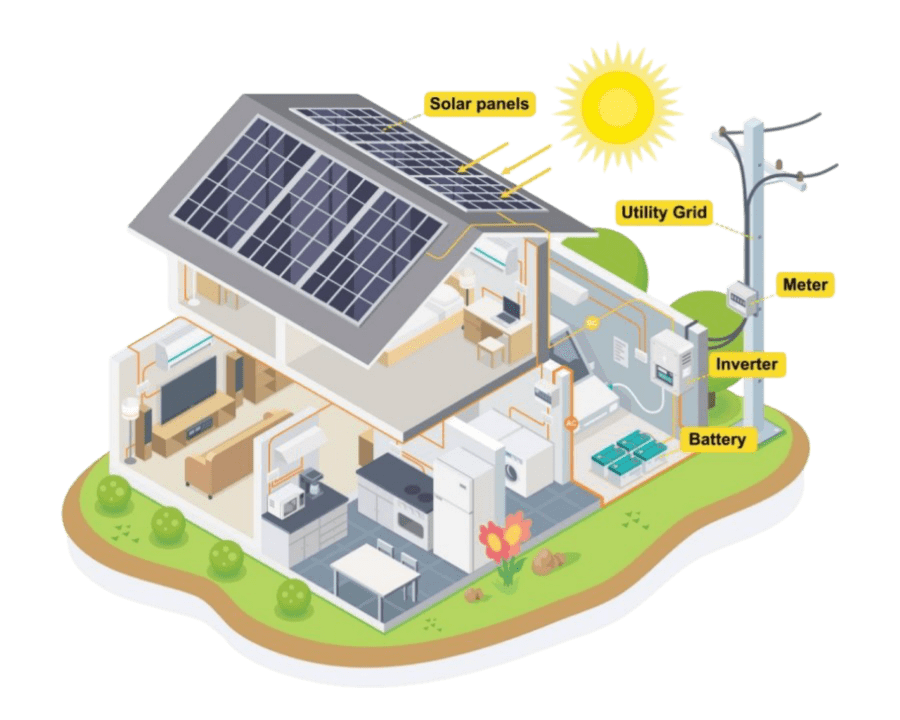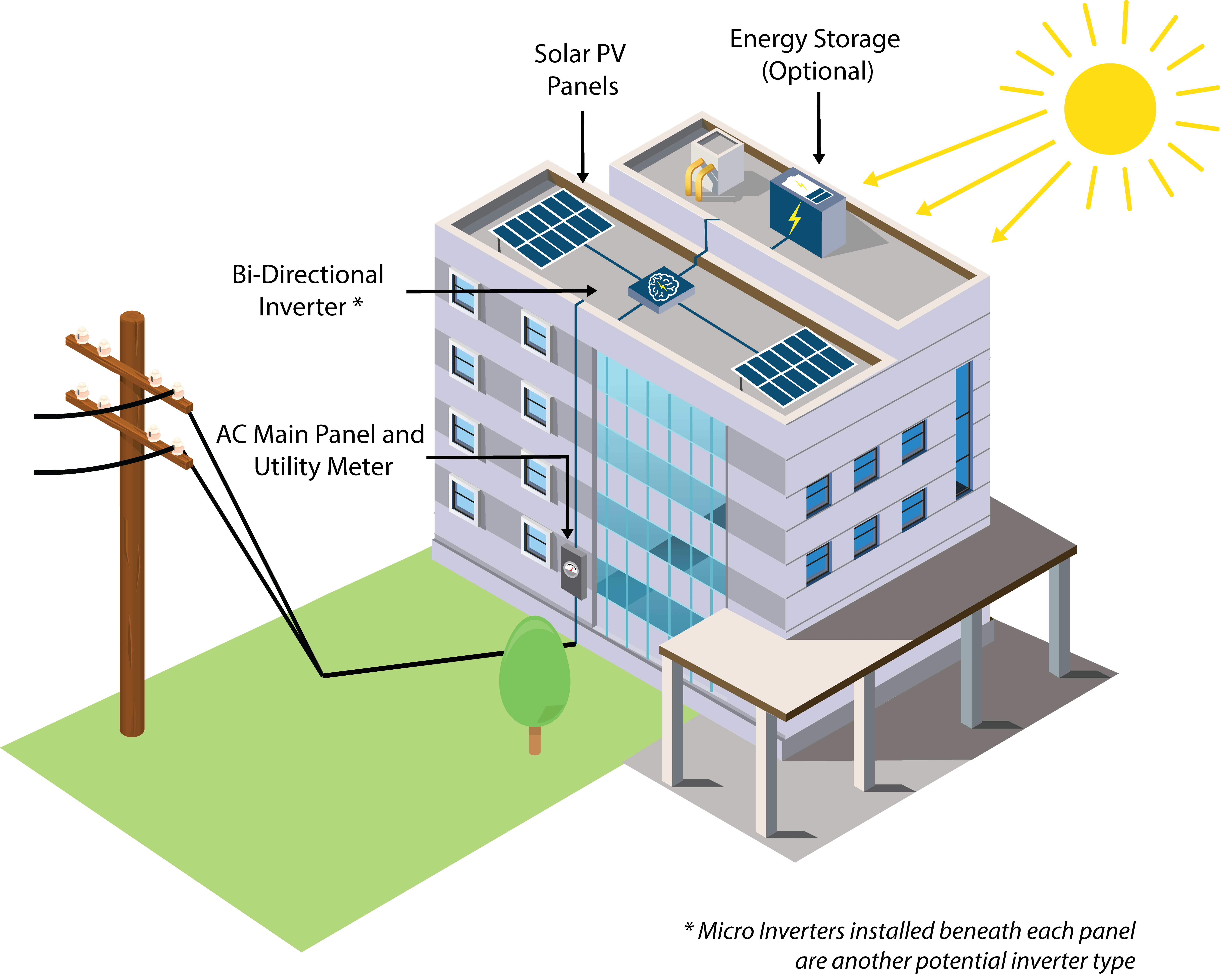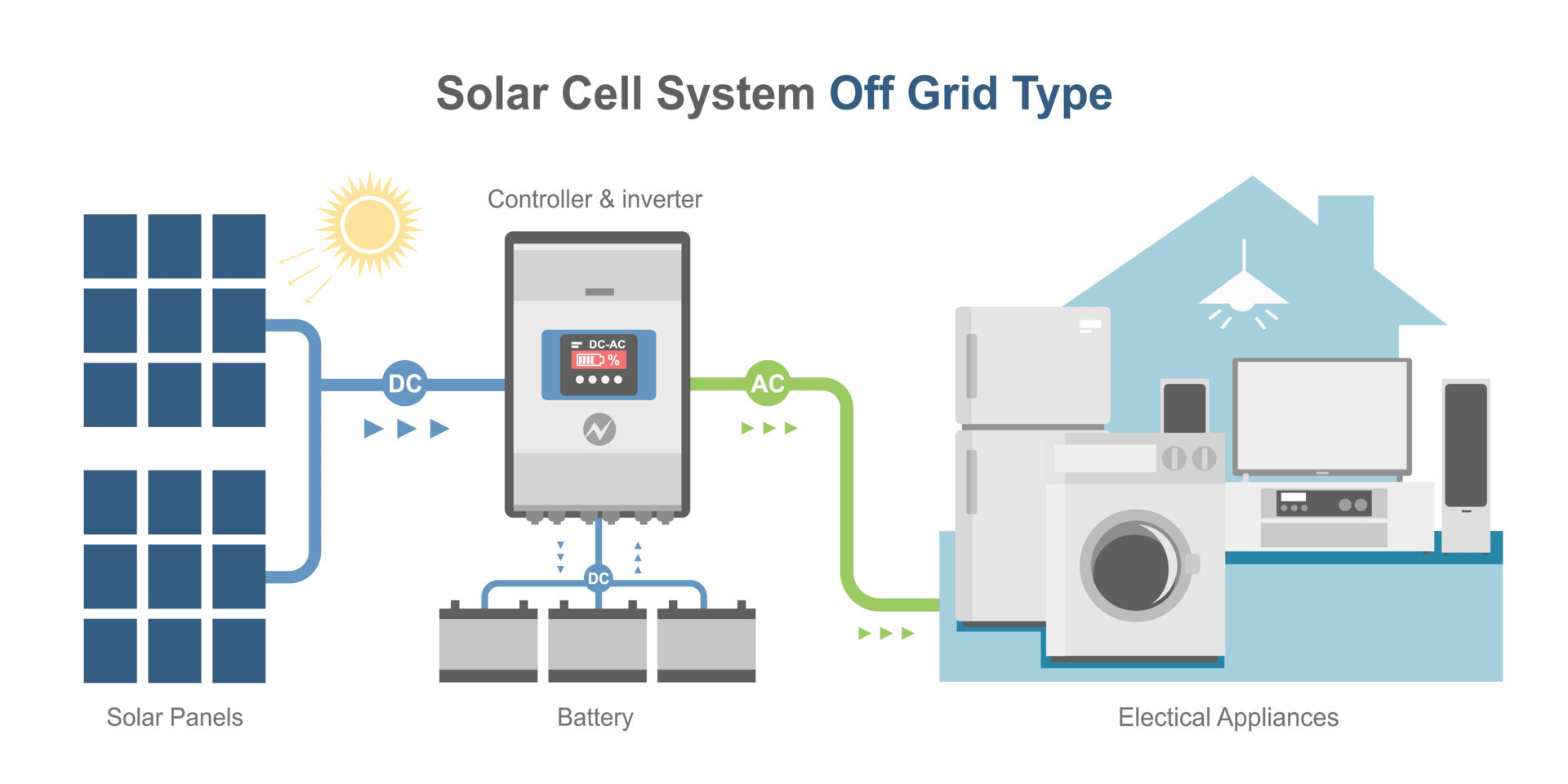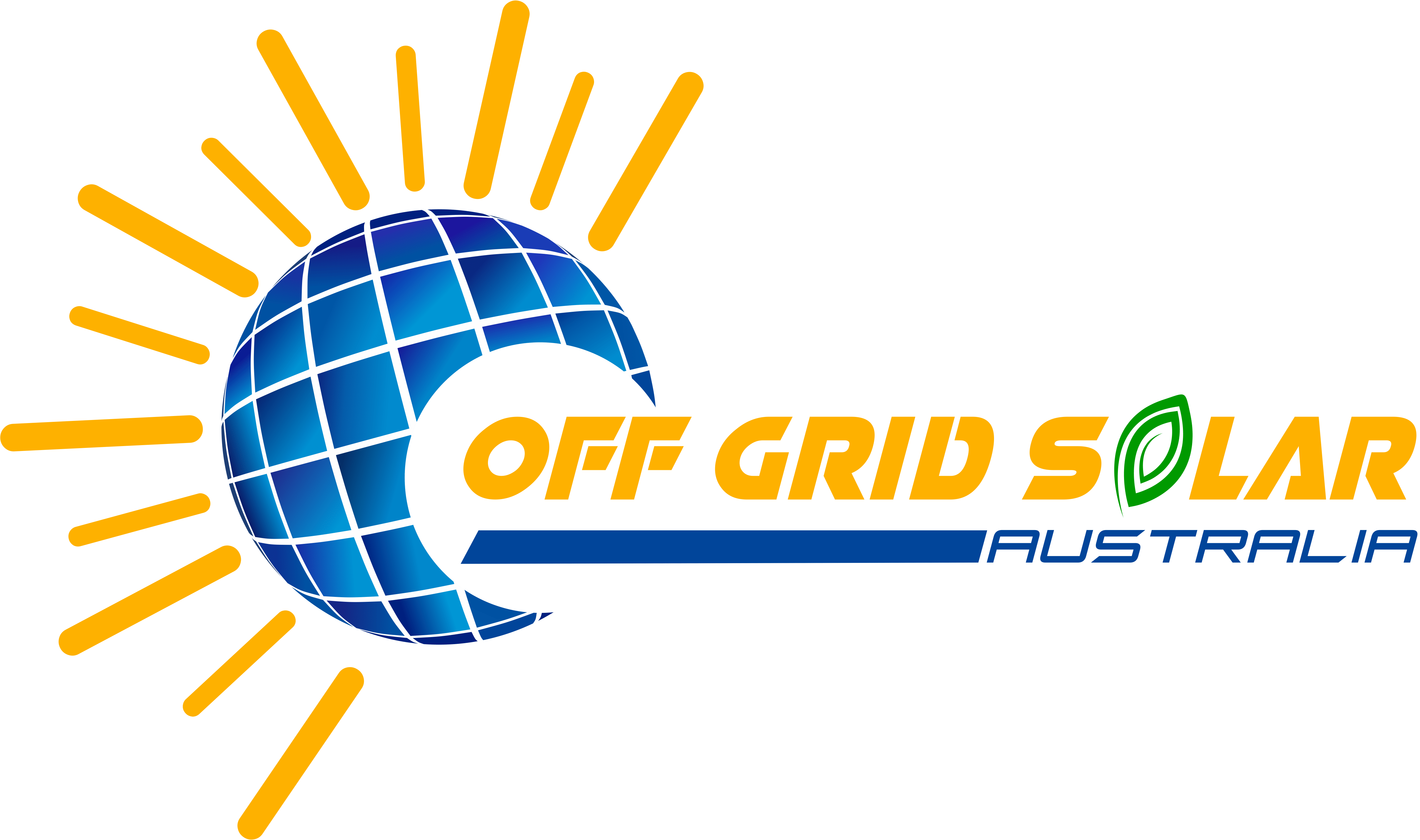01
Introduce
Residential
solar system
Residential solar systems offer numerous benefits, including reduced electricity bills, lower carbon footprint, and increased energy independence. However, the suitability of a solar system for a particular residence depends on factors such as location, roof orientation, shading, and local regulations. Therefore, it’s essential to consult with a qualified solar installer to assess your specific needs and determine the best system for your home. These panels are made up of solar cells, usually made of silicon, that capture sunlight and convert it into electricity through the photovoltaic effect.


Commercial
solar system
Investing in a solar power system for your commercial building could strategically change the future running costs of your business and help to maximise your return on investment.Now, more than ever, is a better time to go solar. Energy bills are the highest they have ever been in Australia and are directly increasing your business’s running costs. While energy bills are spiking, solar prices are falling, and the Government is continuing to provide incentives and rebates.A commercial solar system typically refers to a solar power system installed on a commercial property or business premises to generate electricity from sunlight. These systems can vary greatly in size depending on the energy needs of the business and the available space for solar panels.
02
Introduce
03
Introduce
hybrid
solar system
Hybrid solar systems are increasingly popular because they offer greater flexibility and reliability compared to purely off-grid or grid-tied systems. They provide homeowners with more control over their energy usage, reduce electricity bills by maximizing self-consumption of solar energy, and offer backup power during grid outages.


off grid
solar system
An off-grid solar system is a setup where solar panels generate electricity independently of the main electrical grid. This type of system typically includes solar panels, batteries for energy storage, charge controllers, and inverters. Solar panels capture sunlight and convert it into electricity, which is either used immediately, stored in batteries for later use, or converted into AC power through an inverter for appliances that require AC electricity. Off-grid solar systems are commonly used in remote areas where connecting to the main grid is either impractical or too costly. They provide a sustainable and reliable source of electricity, especially in locations with abundant sunlight.
